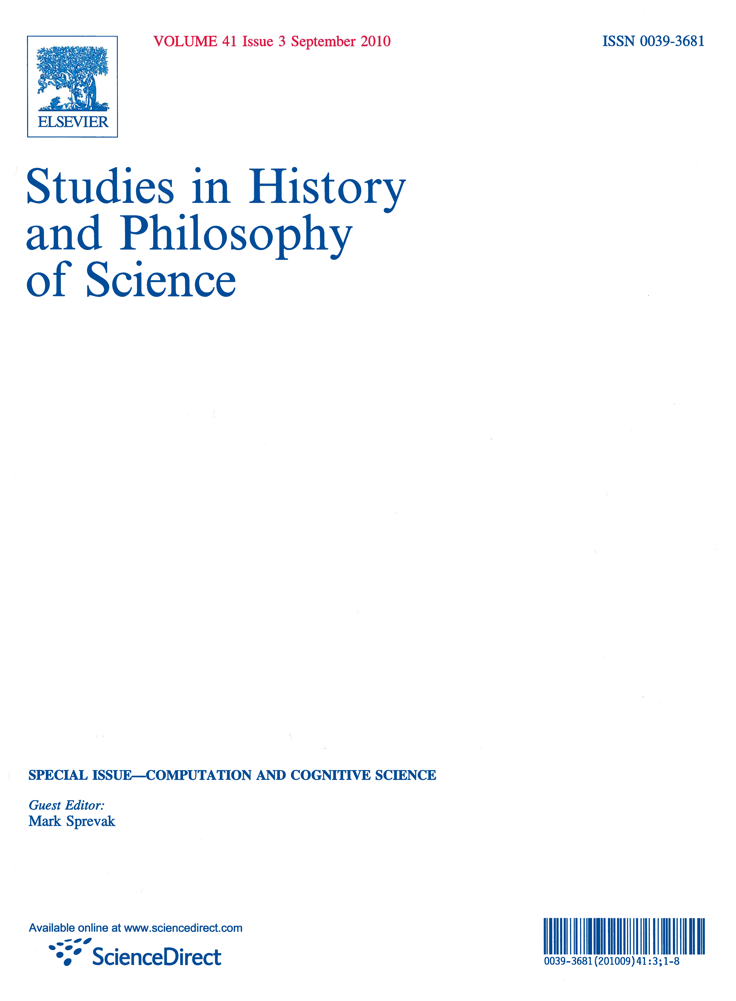Computation, individuation, and the received view on representation
2010 Studies in History and Philosophy of Science, 41: 260–270
Last updated 8 August 2010
The ‘received view’ about computation is that all computations must involve representational content. Egan and Piccinini argue against the received view. In this paper, I focus on Egan’s arguments, claiming that they fall short of establishing that computations do not involve representational content. I provide positive arguments explaining why computation has to involve representational content, and how the representational content may be of any type (e.g. distal, broad, etc.). I also argue (contra Egan and Fodor) that there is no need for computational psychology to be individualistic. Finally, I draw out a number of consequences for computational individuation, proposing necessary conditions on computational identity and necessary and sufficient conditions on computational I/O equivalence of physical systems.

The ‘received view’ about computation is that all computations must involve representational content. Egan and Piccinini argue against the received view. In this paper, I focus on Egan’s arguments, claiming that they fall short of establishing that computations do not involve representational content. I provide positive arguments explaining why computation has to involve representational content, and how the representational content may be of any type (e.g. distal, broad, etc.). I also argue (contra Egan and Fodor) that there is no need for computational psychology to be individualistic. Finally, I draw out a number of consequences for computational individuation, proposing necessary conditions on computational identity and necessary and sufficient conditions on computational I/O equivalence of physical systems.
HTML version of full text not available
PDF available above
